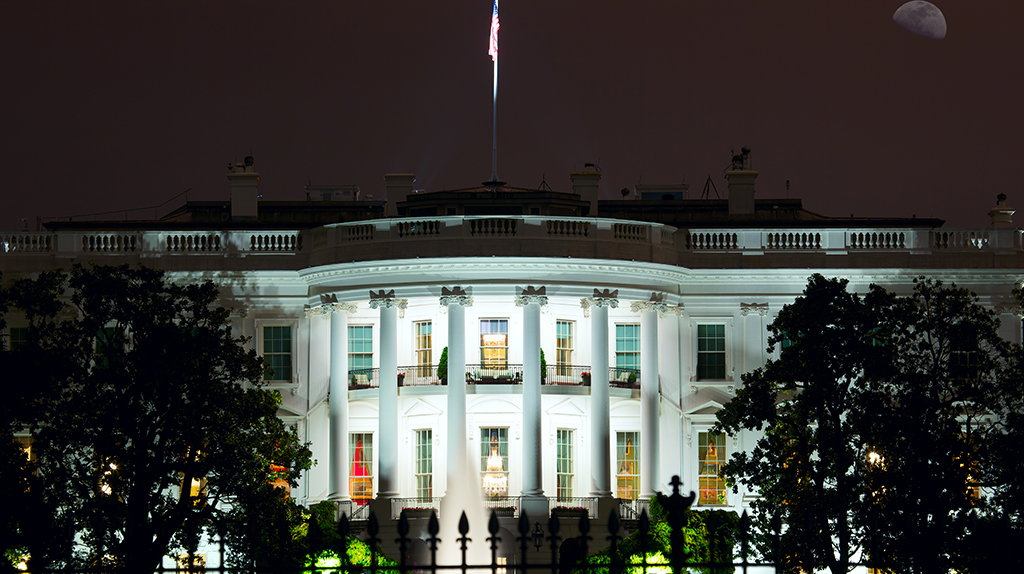After Donald Trump’s election as the 47th president of the United States, we have entered a new era that concerns not only the U.S. but the whole world. The events of Trump’s first term offer many signs of what the second term will be like. The most prominent feature of Trump’s second term is his impact on the history of American elections. He seems to have consolidated his political power with the election results. In the last two decades of elections, Trump has received more votes than any other Republican candidate. This result shows a shift in the electoral geography of the U.S. from Democrats to Republicans. Parallel to this result, Trump managed to win all the swing states and defeated the Democrats in both the Senate and the House of Representatives, securing a majority in Congress. The results clearly show a landslide victory for Trump. But what do these results mean? Why did the Democrats lose?
Why Harris lost
Prior to the election, Harris was seen as more likely to win against Trump. However, polls and assessments suggested that the race was neck and neck and that turnout on Election Day would be decisive. The result was the opposite of what the polls and political commentators predicted. There are many reasons why the Democrats and Harris lost.
First and foremost is the Gaza genocide. In American elections, voters do not usually base their voting behavior on foreign policy issues. However, Israel’s genocide in Gaza has dominated U.S. public opinion for the last year. The Biden administration did not stop Israel but created the conditions that made Israel’s genocide in Gaza possible through military, economic and diplomatic support. The Muslim and Arab community, especially in the state of Michigan, turned to Trump because of the backlash over Gaza. Harris failed to develop a strategy for the Muslim community and performed very poorly on foreign policy throughout the administration. In addition to the Muslim community, young American voters criticized the Biden administration’s Gaza policy and blamed it for the genocide. The Democrats’ behavior during the student protests in support of Gaza further alienated young voters and reduced their turnout in the elections.
Another reason the Democrats lost the election was the demonization of Trump by Harris and her campaign team. The media largely supported Harris’s campaign and described Trump as abnormal, scary and fascist. At times, this discourse translated into the demonization and marginalization of Trump voters. By ignoring that Trump supporters are average Americans, Democrats portrayed Trump as a deviation from American history. The Democrats’ formation of an anti-Trump bloc and the reduction of their campaign to anti-Trumpism made Trump appear largely victimized. Two assassination attempts reinforced the perception of Trump’s victimization.
The third reason was Harris’s and the Democrats’ overemphasis on women’s rights in general. This strategy was intended to mobilize voters against Trump and Vice President JD Vance's harsh language toward women and conservative political discourse. However, the emphasis on women’s rights was reduced to the abortion issue, which became politicized. Harris and her team thought this strategy would work, but it didn’t. The main concerns for voters were immigration and the economy, which Trump emphasized.
The fourth reason the Democrats lost was that they underestimated the immigration issue. Trump, on the other hand, both used the immigration card in a populist way and securitized it. Trump convinced voters that immigration was a problem that bothered even immigrants, and he managed to get votes from Black and Latino communities. In particular, the securitization of immigration helped him win critical states like Nevada and Arizona. In the face of Trump’s securitization policy, the Democrats downplayed the immigration issue and refrained from proposing solutions. This made the average white American uncomfortable.
The immigration issue also raised the critical question of what values American identity should be based on. The Democrats’ debate on American identity, which emphasized extreme pluralism, disturbed the majority of American voters who believed that WASP values should be at the center of identity and turned them toward the Republicans. When this situation is interpreted together with the major change in the electoral geography of the United States, it shows that the majority of white Americans are turning toward Trump.
Another reason for the Democrats’ loss was the exaggerated media support for Harris. This media support reinforced the perception that Trump was in an unbalanced race and made him look victimized. The media coverage was particularly elitist, which led to further Republican consolidation.
Finally, Harris’s image as a weak leader was one of her biggest disadvantages against Trump. Trump had already started with an advantage in the race against Biden. Even though Harris had strong momentum at the beginning, she was unable to build a strong leadership image against Trump’s firm, confident, and tough political position. In particular, Trump’s international profile was much stronger, reinforcing the perception that he could fight hard against his opponents. Harris, on the other hand, was unable to build a strong and combative profile.
Trump and foreign policy
Trump’s second term marks a critical period for foreign policy and the international system. There are three major issues in American foreign policy: the fight against China, the war in Ukraine and the Middle East.
It is known that Trump adopted a tough stance toward China in his first term. The Biden administration took Trump’s trade war with China to a security and military dimension with organizations such as AUKUS and QUAD, known as China-containment moves. It seems that Trump will continue both. On the one hand, he is likely to try to curb the economic competition posed by China, and on the other, he is likely to continue with his security policies. Therefore, it is highly likely that U.S.-China relations will become more competitive in Trump’s second term.
The Ukraine war is likely to be one of the most challenging issues. Although Trump’s campaign promises to end the war raises the possibility of a peace deal, it is difficult to make definitive assessments about what kind of peace deal can be reached. Trump’s options may include reducing or cutting military aid to Ukraine. However, such an option could lead to Russia emerging victorious from the war. Trump will not want to be a president who allows Russia to win. This is not an outcome that the American establishment wants either. Therefore, a fight between Trump and the establishment is very likely. If Trump takes one of the first sensational steps of his presidency by meeting with President Vladimir Putin, this could also strain U.S.-European relations and damage transatlantic relations. The decision to hold early elections in Germany is a critical development to be monitored in this regard.
Gaza is one of Trump’s most critical foreign policy tests. Trump, who ostensibly will pursue a pro-Israel foreign policy, is likely to reintroduce the Abraham Accords. This may lead Trump to rein Israel in. But in any case, Trump will want to create a Middle East policy in which Israel achieves greater security. Iran policy seems to be key to achieving such a goal. If he succumbs to Israel’s desires, Trump can be expected to target Iran’s nuclear program. If he prefers a hard-line security policy, this will mean the continuation of a confrontational security environment in the Middle East. Aware of his growing political power, especially in Congress, Trump will be more comfortable taking the initiative. Therefore, he may pursue a strategy to contain and weaken Iran for the sake of Israel’s security.
What kind of foreign policy Trump will pursue depends a lot on how he assembles his foreign and security policy team. A more competitive international environment is likely to emerge, as the U.S.’s priority in the global system will be to maintain American supremacy and weaken or restrain its rivals under Trump.
[Daily Sabah, November 9, 2024]






